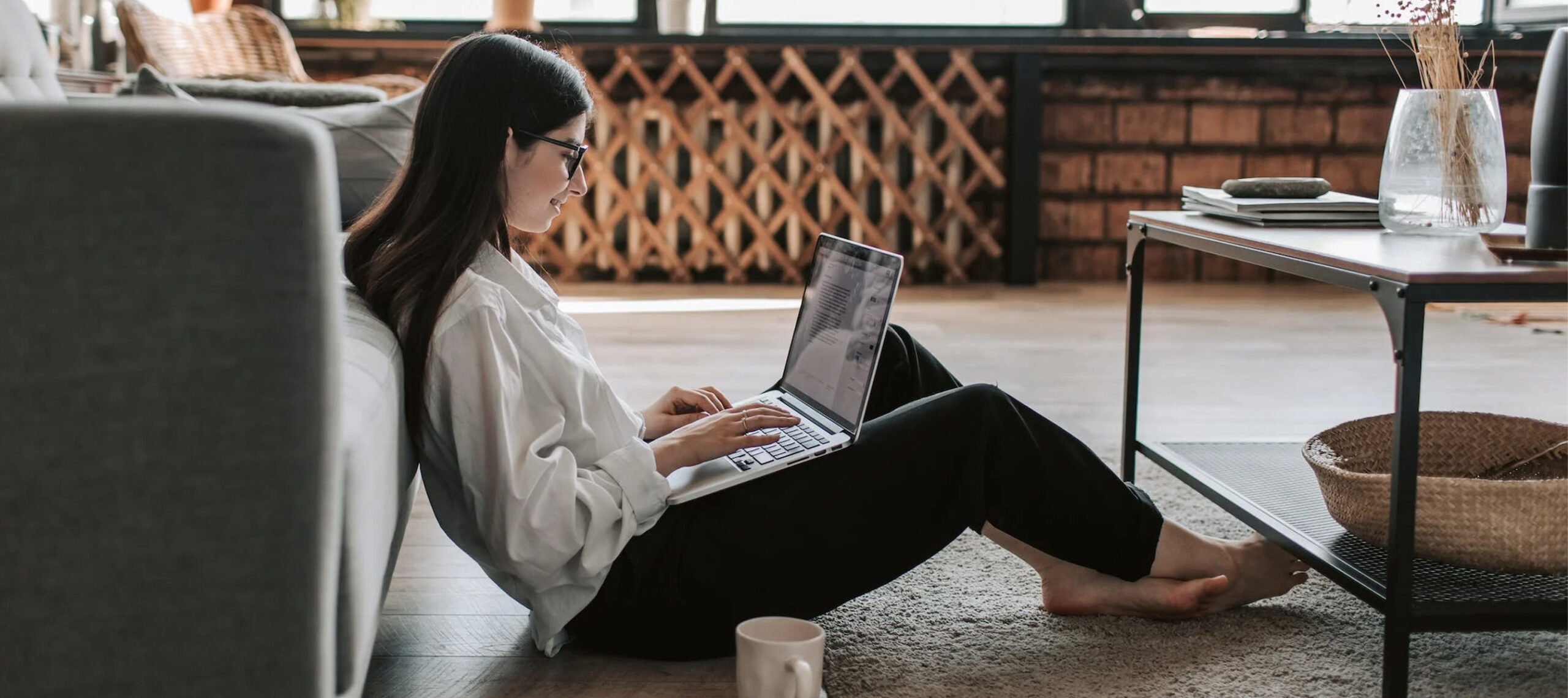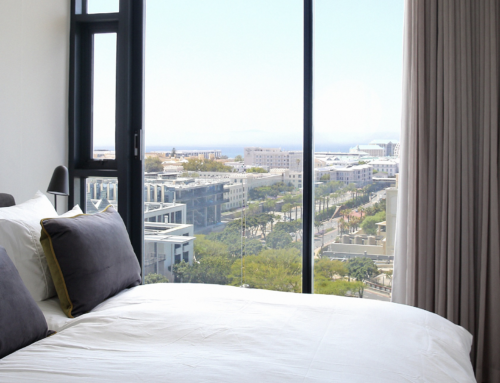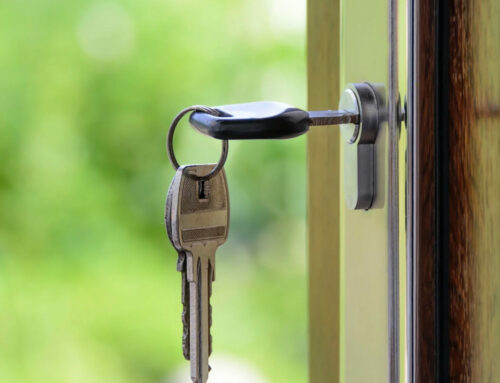If you haven’t yet purchased a property take a look at our blog post “The Ultimate Guide to Buying an Airbnb” which goes into more detail on the criteria to consider when selecting a property.
Getting Started
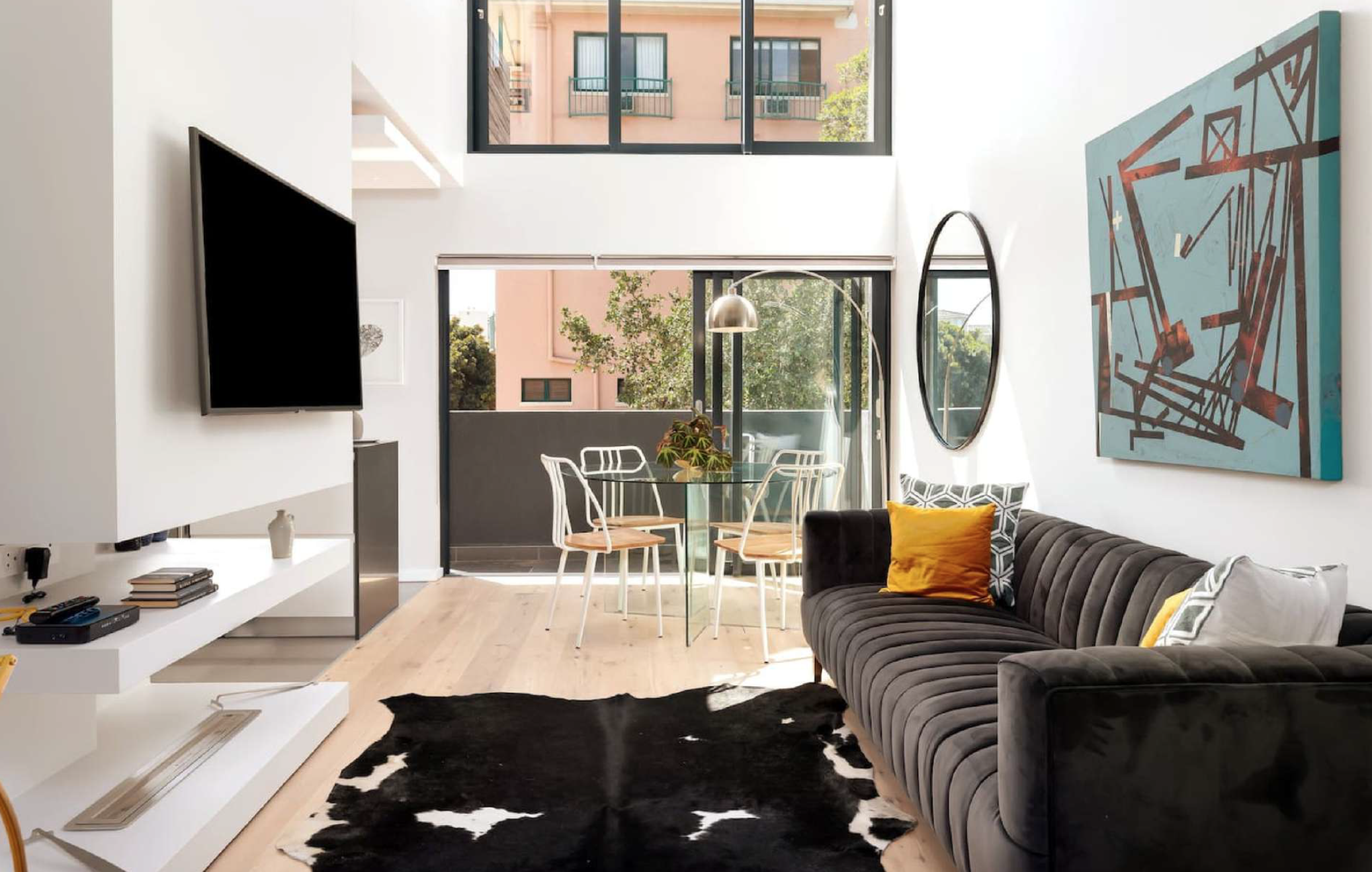
Buy the right Property
- Size – Compact apartments generate a higher yield.
- Location – Broadly speaking be close to where tourists like to be and from where they can easily reach hot spots on foot or by a short Uber ride. Seasonality can also be more pronounced in fringe suburbs (e.g.Vredehoek).
- Specific Location – Choosing a popular suburb is not enough. There are vast performance differences depending on the street or building you choose. It is really hard for an outsider to know these differences so feel free to get in touch and get our input.
Choose the right Features
Some property features have the ability to impact your earnings potential and some are a waste of money. While it is not necessary to tick all the boxes below it is important to have a unique selling point that will want to make guests stay at your property. The standard within short-term rental properties has been elevated over the past 5 years.
- A pool
- A jacuzzi
- Views
- An outside area of some kind
- Airconditioning (this is a search filter selected by many guests – not having aircon reduces your market)
- Parking (preferably secure as guests are generally nervous about leaving their rental cars parked on the street)
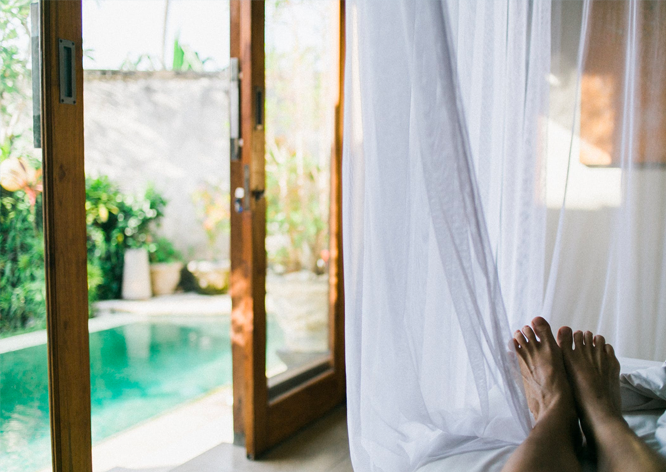
- No loadshedding (some areas do not experience any loadshedding at all and these are very popular now)
- Security
- Uncapped fast wifi
Update your Furniture
The importance of a stylish design and great furnishings cannot be understated. It is the first thing potential guests see and will really make your photos “pop”. Amazing photos and great reviews gets you 80% of the way to a successful short-term rental. A few tips on furnishing:
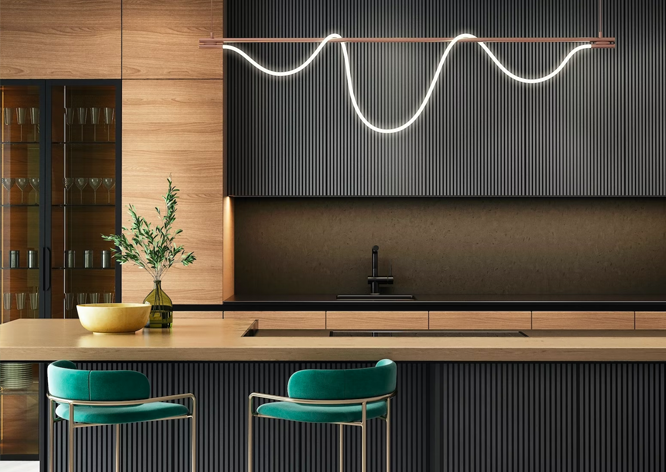
- Consider using a designer who specialises in short-term rentals. Most owners balk at this idea since there is a perception that designers are expensive and many owners feel that they can do a decent job doing it themselves and save some money in the process. Even if owners do have good taste (which sadly is the exception to the rule) they will often pick furniture that is not suited to short-term rentals.
The money saved at the outset is then spent on higher wear and tear and replacement costs in the future. We work very closely with a design company that strikes a great balance between quality and cost and which uses our detailed list of items that make a property guest ready.
- Consider fake plants. While real plants are great, the reality is that the upkeep can be difficult. For longer bookings, guests struggle to follow care instructions and either over or underwater the plants. While they can’t replace the real deal, the quality of artificial plants has improved greatly and they can look good in photos.
- De-personalise and keep it simple. Remove family photos and any other personal/sentimental items. It is also advisable not to overdo it on ornaments, art and little furnishings. Less is more – a few unique items are better than lots of generic ones.

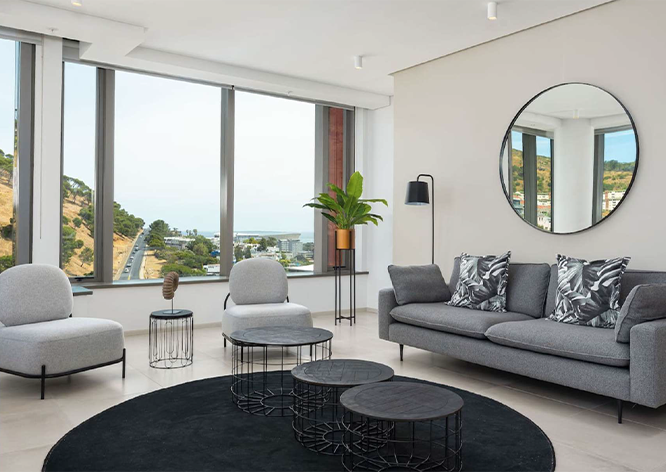
Listing Optimisation
- Invest in Professional Photography. Having the best possible photos is by far the most important listing requirement. Unless you are a professional real estate photographer don’t consider doing it yourself. The cost of photography can be recouped by one or two extra nights booked, so it is not worth skimping on this.
- Write a snappy description and keep it accurate. There is nothing worse than missed expectations when the guests arrive on your doorstep. By all means be colourful in your descriptions but don’t embellish or misrepresent. It will reflect in negative reviews.
Increase Income Potential
Pricing
- Dynamic Pricing. Demand changes daily and so should your pricing. We use our own in-house pricing algorithm and augment that information using third-party data sources. Our team of local experts then passes this through a human lens to fine-tune the pricing based on subtle property differences.
Calendar Management
- Avoid minimum stays. In order to maximise occupancy and nightly rates it is important not to be heavy-handed on minimum stay length. Same day turnarounds and 2 night stays are the industry standard but this can be a lot of effort for solo hosts. Acceptable uses of minimum stays would include 3-4 night minimums over weekends where the property is prone to parties and a one week minimum over Xmas and New Years to lock in a chunky booking.
- Avoid artificial minimum nightly rates. Pricing should be guided by the market and not by what one thinks the property is worth. The most common scenario we see is owners insisting on a minimum rate over winter but this strategy can quickly lead to lower annual performance. Many owners cite a fear of attracting “low-caliber guests” but as long as one is priced in line with the market average then this fear is unfounded.

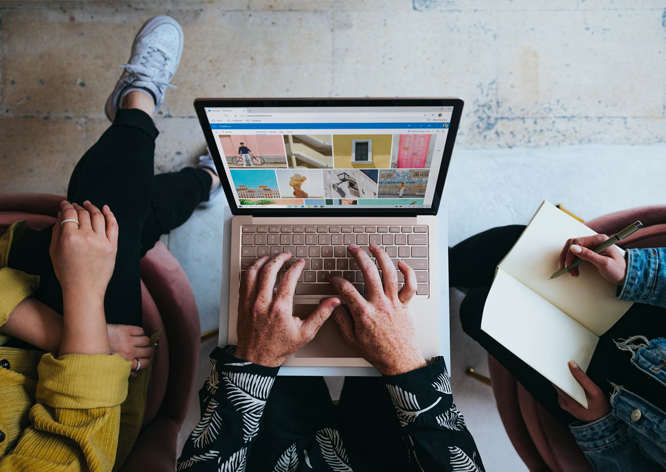
Marketing
- Maximise platform reach. It is no longer enough to just list on Airbnb. One has to cast the net as wide as possible and use all avenues available. Not only does this include other OTAs like B.com, Agoda, Trip Advisor, Expedia, Marriott etc. but also direct sources from past guests. For Propr, direct bookings from past guests now account for over 20% of bookings.
Moreover, we proactively market to corporate bookers, tour operators and film production companies who are able to browse our properties and book through our Agent Portal.
- Influencer Marketing and Social Media Campaigns. It can be worth proactively marketing your listing on your social media platforms if you have a large following. Alternatively, you can offer your accommodation to influencers at a reduced rate to boost visibility. This is especially successful for unique or very high-end properties.
On-the Ground
Meet and speak with your guests
- Do your checkins in-person whenever possible. Some guests prefer self check-ins but always make that optional. If a self check-in is chosen, make sure to call the guest later during the day to see if they are happy.
- Encourage guests to leave a review. More than half of all guests need a gentle reminder to review your place.
- Deal with emergencies or requests quickly.

- Being ultra communicative during the guests’ stay can also avoid bad reviews if something did go wrong during their trip, as guests are able to see the effort you are making as host to remedy the situation.
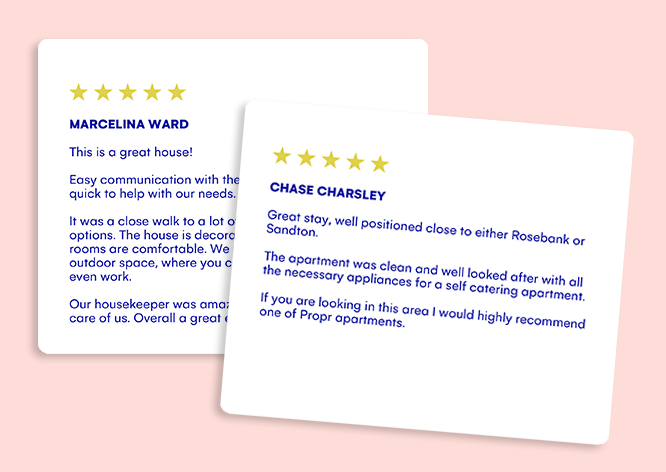
Learn from Reviews
- For the first 3-5 bookings it is critical to proactively elicit feedback from guests. This is especially true if the property was newly furnished and had never before been stayed in.
- Respond to all reviews, especially the bad ones. The response to a bad review is for the benefit of future guests who can get a glimpse into the type of host you are. Always respond to bad reviews in a level-headed and solutions-focussed manner, even if you feel the review was unfairly harsh.

